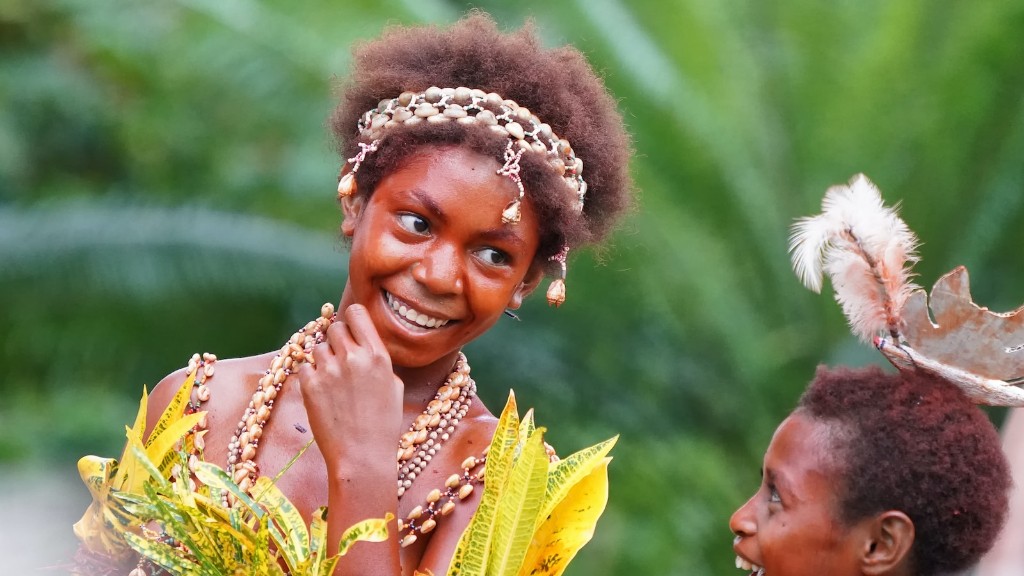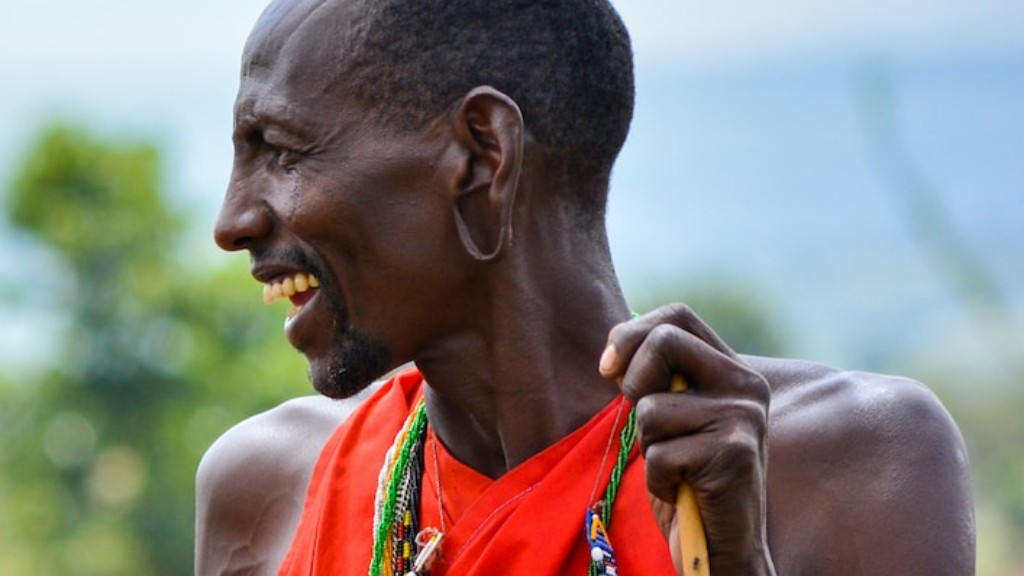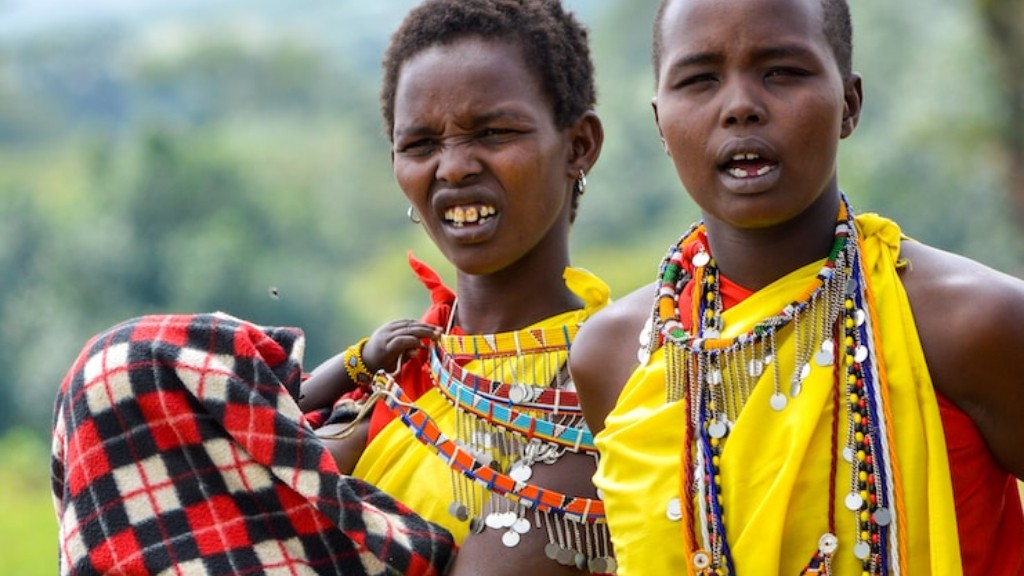Tribes near Cape Town, South Africa
Situated on the southwestern coast of South Africa, Cape Town not only boasts breathtaking scenery and a rich cultural heritage but is also home to several fascinating tribes. These tribes, with their unique traditions, customs, and languages, provide a glimpse into the diverse cultural tapestry of the region. In this article, we will delve into some of the prominent tribes near Cape Town, shedding light on their history, lifestyle, and significance in contemporary society.
The Xhosa Tribe: A Vibrant Celebration of Tradition
The Xhosa tribe, one of the largest ethnic groups in South Africa, holds a prominent place in Cape Town. With a rich ancestral history dating back centuries, the Xhosa people take great pride in their traditions and customs. Known for their vibrant clothing, intricate beadwork, and traditional musical instruments, the Xhosa tribe is deeply rooted in cultural celebrations.
Umhlanga, an annual cultural festival, is a highlight in the Xhosa calendar. During this event, young Xhosa women undergo the traditional coming-of-age ceremony, donning beautiful beadwork and immersing themselves in song and dance. The event not only reinforces their cultural identity but also serves as a way for the Xhosa community to pass on their traditions to younger generations.
The Khoisan Tribe: Guardians of Ancient Wisdom
Native to Southern Africa, the Khoisan tribe has inhabited the region for thousands of years. Characterized by their unique linguistic skills, the Khoisan people are known for their distinctive clicking sounds incorporated into their languages, which are believed to be some of the oldest spoken languages in the world.
The Khoisan people have a deep connection with nature and have traditionally relied on hunting and gathering for sustenance. They possess an incredible wealth of knowledge about the medicinal properties of various plant species, passed down through generations. Today, efforts are being made to ensure the preservation of their indigenous knowledge and cultural practices.
The San Tribe: Ancient Rock Art and Cultural Resilience
Also known as the Bushmen, the San tribe holds a significant place in the history and heritage of Cape Town. Renowned for their remarkable cave paintings, the San people have created a visual narrative that depicts their beliefs, rituals, and daily life. These rock art sites provide valuable insights into the cultural practices of the San tribe and are considered a significant archaeological and historical resource.
Despite facing challenges to their traditional way of life, including displacement and loss of land, the San tribe continues to embrace their cultural heritage. Efforts by organizations and communities have helped preserve their language, music, and storytelling traditions, ensuring their resilience in the face of adversity.
The Cape Malay Community: A Fusion of Cultures
The Cape Malay community traces its roots back to the 17th century when slaves were brought to Cape Town from various countries, predominantly from the Indonesian archipelago. Over time, a rich cultural fusion occurred, resulting in a unique blend of Islamic, African, and European influences.
The Cape Malay community has significantly contributed to the cultural fabric of Cape Town, particularly through its culinary delights. The aromatic flavors of dishes like bobotie, samoosas, and koeksisters have become synonymous with the Cape Malay community.
The Zulu Tribe: Warriors of Strength and Unity
Although primarily associated with the eastern parts of the country, the Zulu tribe has a presence in Cape Town due to urban migration patterns. The Zulu people have a rich history of bravery, strength, and military prowess.
Their traditional clothing, adorned with colorful beadwork and intricate patterns, reflects their sense of identity and pride. Zulu warriors, known for their skill in combat, have become iconic symbols of South African heritage.
The Griqua Community: Unique Cultural Identity
The Griqua community, a small and distinctive ethnic group, finds its origins in the intermarriage between the indigenous Khoikhoi people and European settlers. This fusion of cultures gave rise to the Griqua identity, which played a significant role in South Africa’s history.
Today, the Griqua community has managed to maintain its cultural autonomy while embracing modern influences. Their traditional attire, rich storytelling traditions, and strong community bonds are testaments to their resilience and heritage.
The Coloured Community: Reflections of Diversity
The Coloured community in Cape Town is a diverse group with ancestral ties to various ethnic groups, including Khoisan, European, and Asian backgrounds. This community’s history is deeply intertwined with South Africa’s complex past, marked by colonization, apartheid, and the struggle for equality.
The Coloured community is known for its vibrant music and dance, expressing their unique cultural identity. Through colorful festivals and celebrations, they share their heritage, fostering unity and understanding.
The Importance of Preserving Cultural Heritage
Exploring the tribes near Cape Town is more than an examination of diversity; it is an acknowledgment of humanity’s interconnectedness and the importance of preserving cultural heritage. These tribes bear witness to the resilience, creativity, and strength of the people who shape the cultural landscape of South Africa.
By celebrating and supporting these tribes’ traditions, we contribute to the cultural tapestry of Cape Town, fostering understanding, appreciation, and unity in our diverse society.




